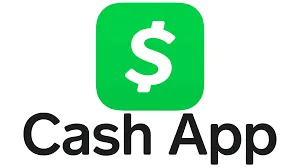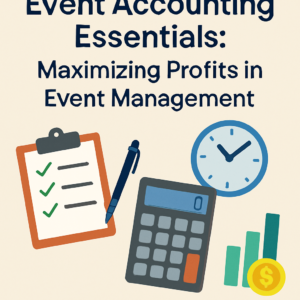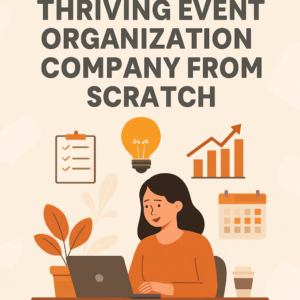Yes, users of CashApps will get a 1099 form if annual payments are over $600, but that doesn’t mean extra taxes.
Some social media users have criticized the Biden administration, Internal Revenue Service and the U.S. Department of Treasury, claiming a new tax will be placed on people who use electronic payment apps like, Venmo, CashApp, Paypal, etc. to process transactions.
That is because a 1099-K form will be sent out to app users who receive more than $600 in total transactions, beginning in 2022.
The Question
Assemblage follower Will DM’ed us the following question: “Next year will I be sent a 1099 for using money apps like Venmo or CashApp after $600 worth of money has been sent to me?”
The Answer
Yes, you will likely receive a 1099-K form if you receive more than $600 on an app. But that doesn’t mean you owe any additional taxes because you would normally be required to report this income to the IRS anyway. Current tax law requires anyone to pay taxes on income over $600, regardless of where it comes from and if you receive a 1099 forms or not. This does mean that now the IRS will receive more records from your payment vendors disclosing how much income you’ve received. This does not change what is taxable or what is deductible. It merely seeks to achieve more honest reporting about what income is received.
While the reporting/taxes only apply to goods and services and don’t apply to friends and family transactions, like rent payments or dinner reimbursements, etc. it hasn’t been proven exactly how the payment apps while decipher what transactions to consider when reporting.
The American Rescue Plan Act of 2021 modifies the IRS reporting requirement from $20,000 in aggregate payments and 200 transactions to a threshold of $600 in aggregate payments, with no minimum transaction number.
The new rule is effective beginning on January 1, 2022. President Joe Biden signed the law with the threshold amendment in March 2021. Congress had been expanding information reporting for the gig economy for payments made for services using CashApps. For people using these applications, they would receive an information report and 1099-K to report any earned income. Venmo, for instance, should give you an information report and tell the IRS, likewise, that you received a substantial amount of receipts, as well as engage in a substantial number of transactions.
Next year, Congress lowered the threshold to $600. So many more people will be receiving information reports from Venmo and other cash facilities. That does not mean just because you receive an information report that you have taxable income. You may not have any gains on say, a transaction that was a sale, or maybe just a personal transaction and not per se, an income producing transaction.
I.e. If I often receive Venmo payments from some of my friends for dinner, that wouldn’t result in any taxable income. Therefore, even if I receive such a form, I could ignore it. The IRS only audits a tiny fraction of taxpayers, and that will continue. But if someone is getting a steady stream of money through an electronic payment apps, and it looks like it’s for retail or service income, then this new requirement will make unreported business income more visible to the IRS.









